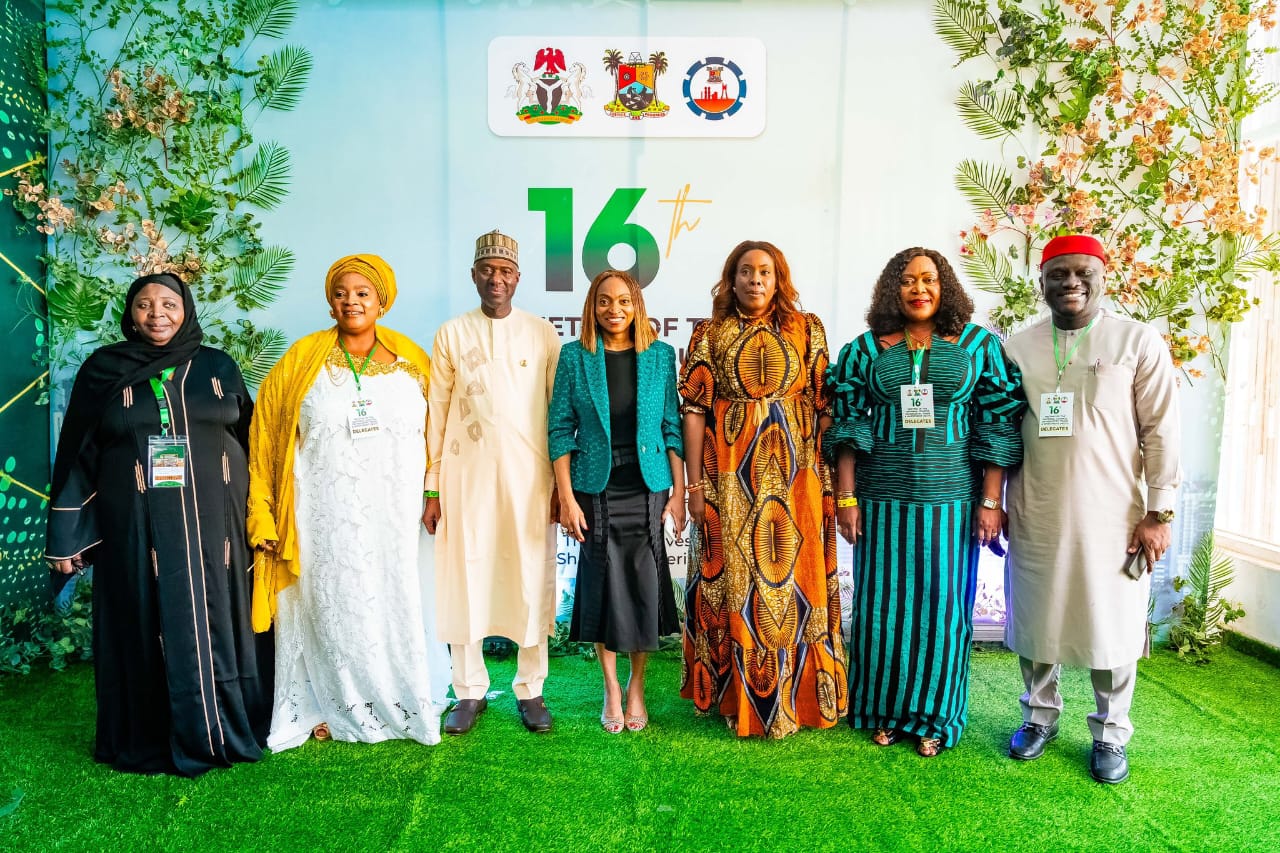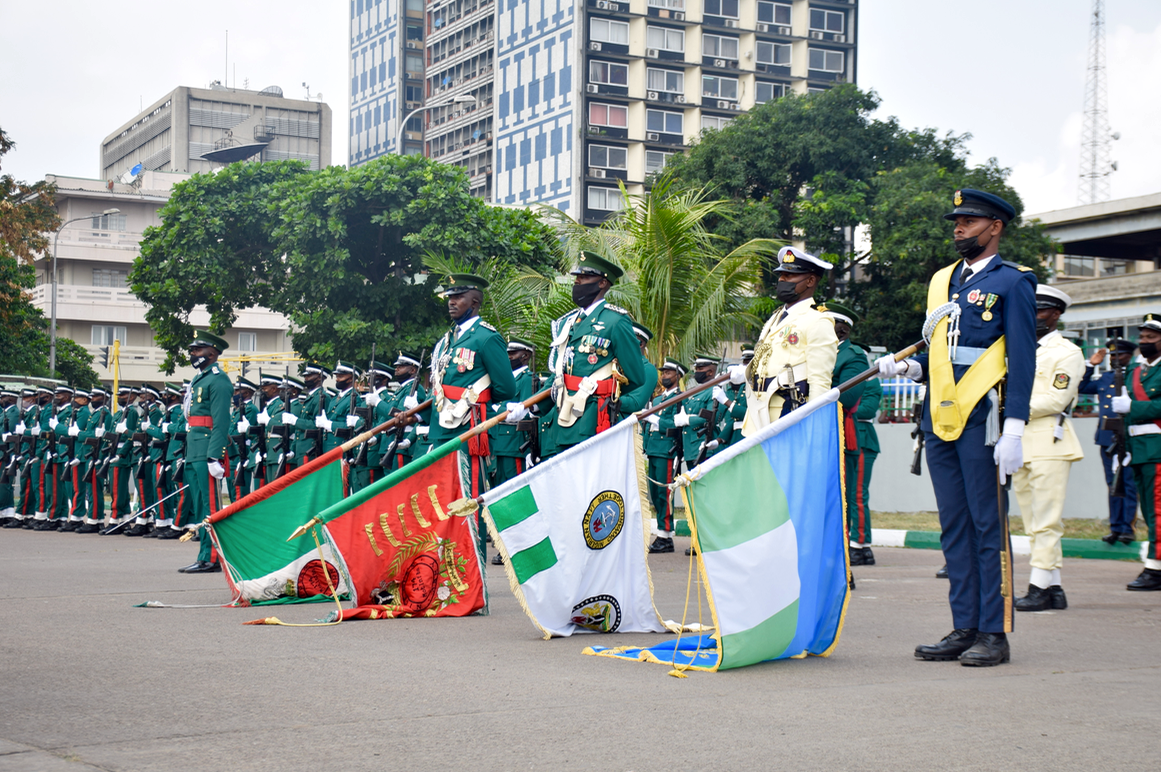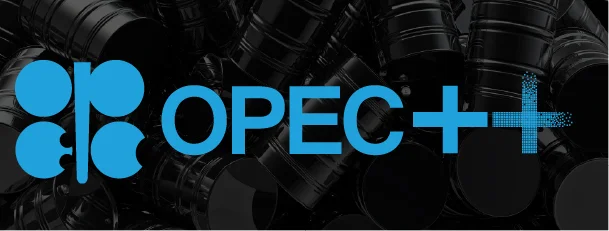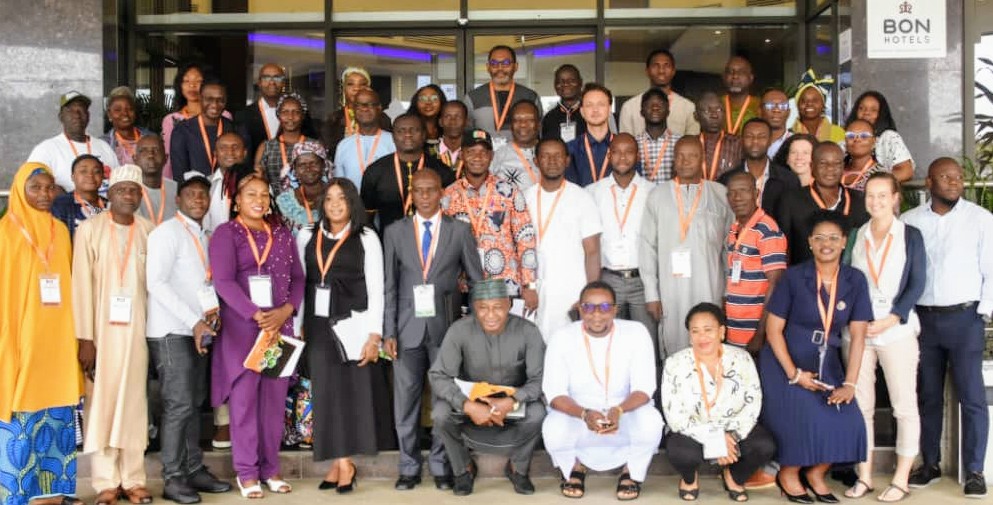657 total views today
By Sumaila Ogbaje, News Agency of Nigeria (NAN)
Nigeria’s defence sector is undergoing a significant transformation. The country is shifting its focus from reliance on foreign defence equipment to developing its local defence production capabilities.
This revolution is not only strengthening Nigeria’s national security but also contributing to the country’s economic growth and development.
For decades, Nigeria’s defence sector has been heavily reliant on foreign equipment and expertise. This has resulted in a significant drain on the country’s foreign exchange reserves and limited the development of local defence industries.
The lack of self-sufficiency in defence production has also compromised Nigeria’s national security, as the country has been vulnerable to arms embargoes and supply chain disruptions.
In recent years, Nigeria has made significant strides in developing its local defence production capabilities. The Defence Industries Corporation of Nigeria (DICON) has been at the forefront of this effort, producing a range of defence equipment, including small arms, ammunition, and military vehicles.
The Nigerian Army has also established several local production facilities, including the Nigerian Army Vehicle Manufacturing Company (NAVMC), which produces military vehicles, and the Nigerian Army Armaments Corporation (NAAC), which produces small arms and ammunition.
The development of Nigeria’s local defence production capabilities is having a significant impact on the country’s national security and economic growth. By reducing reliance on foreign defence equipment, Nigeria is improving its self-sufficiency in defence production and reducing its vulnerability to arms embargoes and supply chain disruptions.
The local defence production revolution is also contributing to Nigeria’s economic growth and development. The Defence Industries Corporation of Nigeria (DICON) and other local defence production facilities are creating jobs, generating revenue, and stimulating economic activity in local communities.
The local defence industries and Military Industrial Complex (MICs) in Nigeria are making significant efforts to enhance the country’s defence capabilities.
The DICON established in 1964, is Nigeria’s primary defence manufacturer, producing arms, ammunition, and other military equipment. They have partnered with foreign companies, like NEANY of the US, to explore new innovations and technologies in fighting insecurity.
In line with the avowed commitment of President Bola Tinubu to strengthen the nation’s defence industries, he recently signed into law the News DICON Act 2023. The new DICON Act has several key provisions that aim to strengthen Nigeria’s defence industry.
Some of the highlights of the new act is the establishment of Subsidiaries and Ordnance Factories. The Act empowers DICON to operate, maintain, and control subsidiaries and ordnance factories to manufacture, store, and dispose of ordnance and ancillary stores and material.
The Act establishes the Defence Industry Technology, Research, and Development Institute (DITRDI) to promote research and development in Nigeria’s defence industry.
The Act provides a comprehensive regulatory framework for the manufacturing, distribution, storage, and disposal of defence articles in Nigeria. It also incentivizes the development of a financing architecture that enables private capital to facilitate research, development, and production in the defence sector.
The Act provides for the membership, proceedings, and contractual powers of the Corporation, ensuring good corporate governance.
Overall, the new DICON Act aims to promote Nigeria’s defence industry, enhance national security, and support economic growth and development.
Local manufacturing firms like EPAIL Ltd, Proforce Nigeria Limited, and others are investing heavily in local manufacturing defence gadgets and equipment, such as bulletproof vests, ballistic helmets, and light Armoured Assault Vehicles.
The Nigerian government is promoting partnerships between local defence industries and foreign companies to enhance technology transfer and capacity building.
These efforts demonstrate Nigeria’s commitment to developing its local defence industries and MICs, aiming to reduce reliance on foreign imports and enhance national security.
Equipment and Protective Applications International Ltd (EPAIL) and Proforce Nigeria Limited are two prominent defence manufacturing companies in Nigeria.
EPAIL is a Nigerian company that specialises in the production of military and paramilitary equipment, including Ballistic helmets, Bulletproof vests, Anti-riot gear, Tactical gear, Automatic Weapons System, Armoured Personnel Carrier (APC), Mines Resistant Anti-Ambush Protected (MRAP) Vehicles and Drones among others
The firm aims to provide high-quality, locally manufactured equipment to meet the needs of Nigeria’s security agencies.
Proforce Nigeria Limited on the other hand, is a Nigerian defence company that designs, manufactures, and supplies a range of military vehicles, equipment, and accessories, including: Armoured personnel carriers, Mine-resistant ambush-protected vehicles, Armoured SUVs, and Tactical vehicles
Proforce has partnered with international companies to provide cutting-edge technology and solutions to the Nigerian military and other security agencies.
Both EPAIL and Proforce are contributing significantly to Nigeria’s efforts to develop its local defence industries and reduce reliance on foreign imports.
DICON in Kaduna has made significant progress in recent times.
DICON is expected to receive new machines to improve its production capacity. This development is expected to enhance the corporation’s ability to manufacture defence equipment and gadgets locally.
The Minister of Defence, Muhammed Badaru, recently visited DICON’s facilities in Kaduna, where he expressed satisfaction with the level of work done. He also commended companies like Proforce and EPAIL for investing in local manufacturing of defence gadgets and equipment.
DICON has also launched ‘Operation We Must Produce’, an initiative aimed at boosting production in the ordnance factory. The operation focuses on repairing machines, providing support to staff, and these developments indicate that DICON is making strides in enhancing its production capacity and contributing to Nigeria’s defence and security needs.
Speaking on the local defence capabilities, a former Director of Defence Information, retired Maj.-Gen. Christopher Olukolade, said that DICON had demonstrated capacity to provide local solutions to the nation’s defence needs.
He said that defence industry as a highly regulated industry pays highest premium to standard, adding that more investment in research and development was required to boost technical capacity of the local firms to meet the set standards.
Nigeria’s local defence production revolution is a significant development that is strengthening the country’s national security and contributing to its economic growth and development.
As Nigeria continues to build its defence industries, it is likely to emerge as a major player in the global defence sector.
The Nigerian government has also enacted the Act to promote local defence production, which was endorsed by President Bola Tinubu in November 2023. This legislation aims to strengthen Nigeria’s military industrial complex by promoting local production.
These developments indicate a significant shift towards local defence production in Nigeria, with the government taking concrete steps to reduce dependence on foreign arms imports and promote indigenous production.
While there are opportunities for economic growth, there are also challenges to be addressed. These include the need for significant investment in research and development, infrastructure, and human capacity building.
Additionally, the government needs to create an enabling environment for local defence production to thrive while the various services of the armed forces should work with the local players to develop capacity, build trust and confidence and ensure patronage to provide local solutions to our local challenges.(NANFeatures)
**If used, please credit the writer and the News Agency of Nigeria (NAN)














